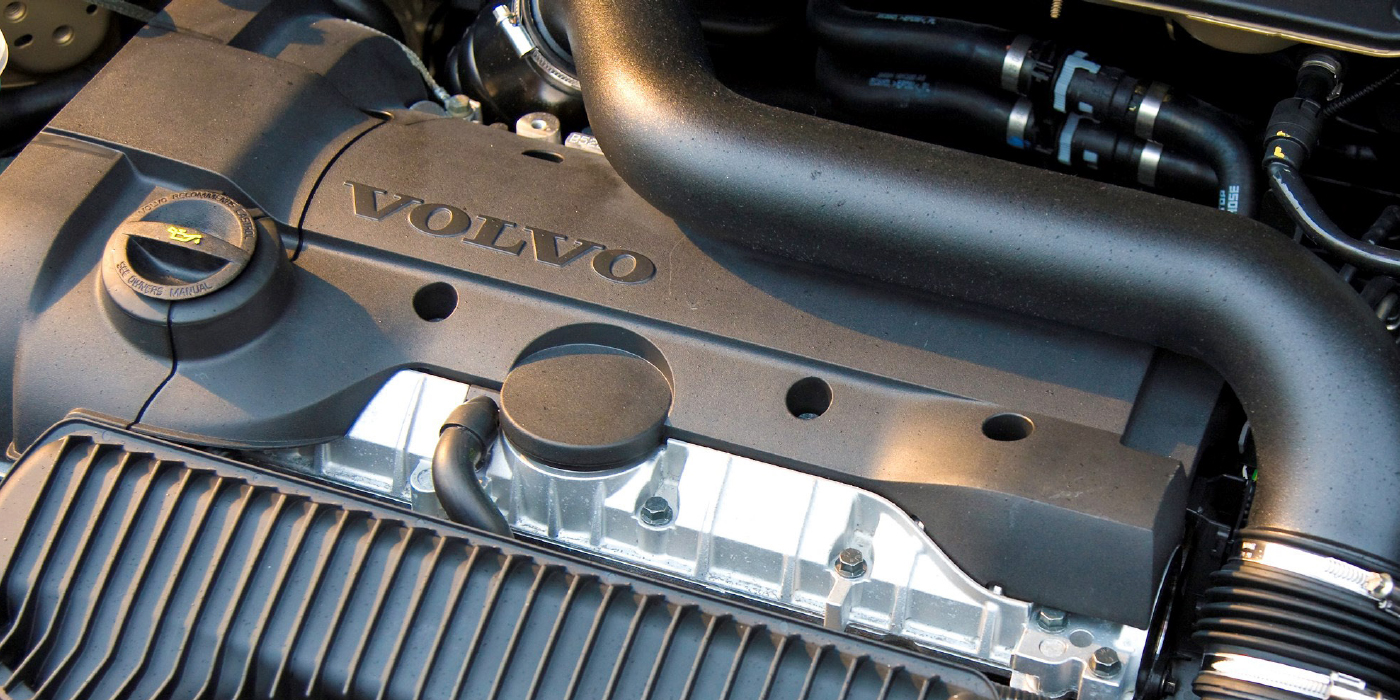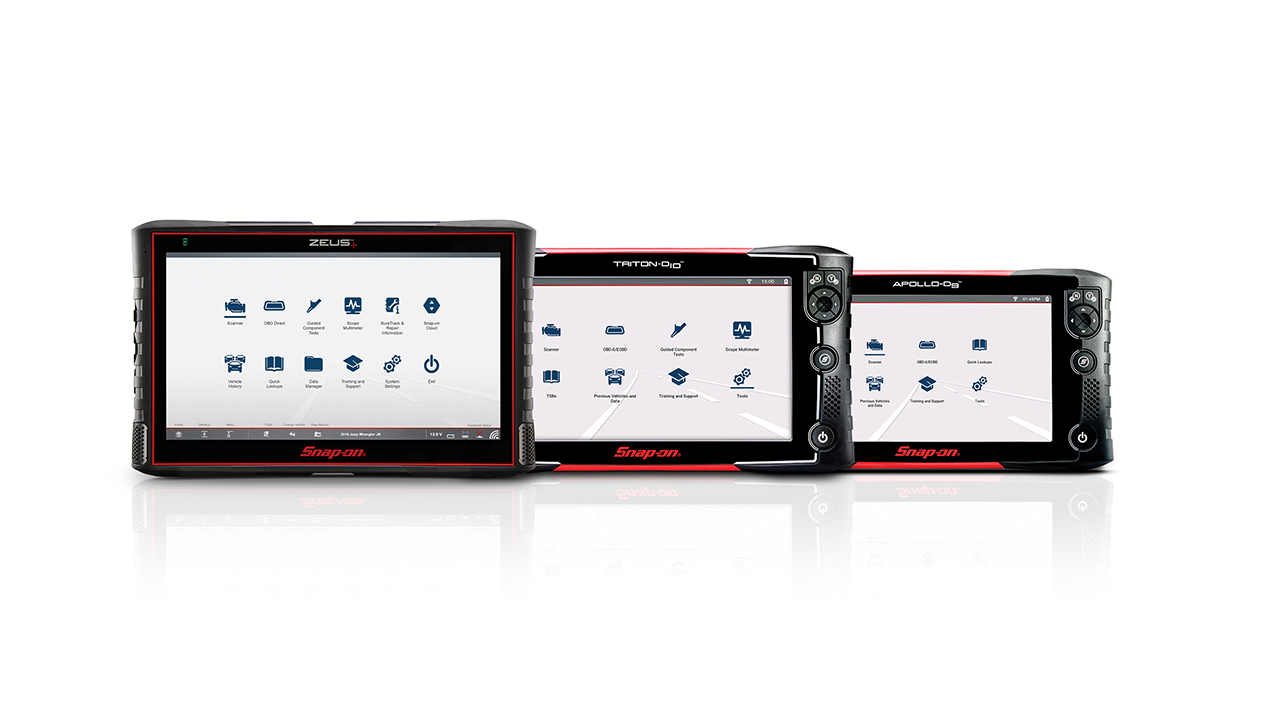
Automated control of cars may enable drivers to rack up more fuel savings than if they were completely in charge, according to a new study conducted by the U.S. Department of Energy’s National Renewable Energy Laboratory (NREL) and Volvo Cars. Placing a number on the fuel efficiency of such vehicles is challenging, as fuel economy is typically measured in a laboratory setting, but that doesn’t work for automated vehicles.
This challenge motivated NREL to develop an objective approach for quantifying real-world efficiency impacts from automated vehicle technologies. NREL partnered with Volvo Cars to demonstrate the approach. The researchers leveraged on-road data from Volvo vehicles driving around Gothenburg, Sweden, and compared fuel efficiency for cars that used adaptive cruise control (ACC) to those that did not. ACC is a partial automation technology that relies on cameras and radar sensors in a vehicle to set its speed and distance from the car in front.
“One obstacle to research like this is limited availability of real-world travel data from automated vehicles,” said Lei Zhu, a researcher in NREL’s Mobility, Behavior and Advanced Powertrains Group and lead author of the new paper. “The partnership with Volvo Cars provided a rare opportunity to work with actual vehicle operation and energy consumption data in real traffic.”
The study findings are detailed in the paper “An Automated Vehicle Fuel Economy Benefits Framework Using Real-World Travel and Traffic Data,” which appears in the peer-reviewed journal IEEE Intelligent Transportation Systems Magazine. Zhu’s co-authors are Jeffrey Gonder, who manages his group, and three researchers from Volvo Cars. The car manufacturer supplied data from more than 18,500 trips taken by employees and their family members operating similar Volvo vehicles within the designated analysis area.
Gonder said other considerations for automated vehicle fuel use include their types and penetration levels into traffic. For instance, while the ACC vehicles in this Volvo study operated mostly around other vehicles with the driver in complete control, simulation studies have shown that lots of ACC vehicles operating together can worsen traffic due to the lag for each vehicle to detect speed changes in the others. Gonder said that “it is possible for high automation penetration to improve rather than worsen overall traffic flow if it includes vehicle-to-vehicle communication, enabling cooperative ACC (also known as CACC).” Another consideration is the degree to which vehicle automation may induce behavior changes in the amount or distances that people travel.
The innovative fuel economy calculation approach featured in this new study can be applied to simulation studies of hypothetical “what if” future scenarios as well as to data from the latest vehicle technologies operating in current traffic conditions. With automated vehicles possessing enhanced data collection and connectivity capabilities, the first-of-its-kind approach could further provide visibility into how on-road fuel economy evolves with changes in vehicle technology, penetration rates, and traffic impacts. Gonder said that “such transparency is important for stakeholders and policymakers who wish to measure technology impacts on transportation energy use, and for automakers who wish to get credit for potential fuel-saving features of automated vehicle technologies.”
NREL’s portion of this research was supported by the DOE Vehicle Technologies Office (VTO) under the Systems and Modeling for Accelerated Research in Transportation (SMART) Mobility Laboratory Consortium, an initiative of the Energy Efficient Mobility Systems (EEMS) Program.
NREL is the U.S. Department of Energy’s primary national laboratory for renewable energy and energy efficiency research and development. NREL is operated for the Energy Department by The Alliance for Sustainable Energy, LLC.


